Description
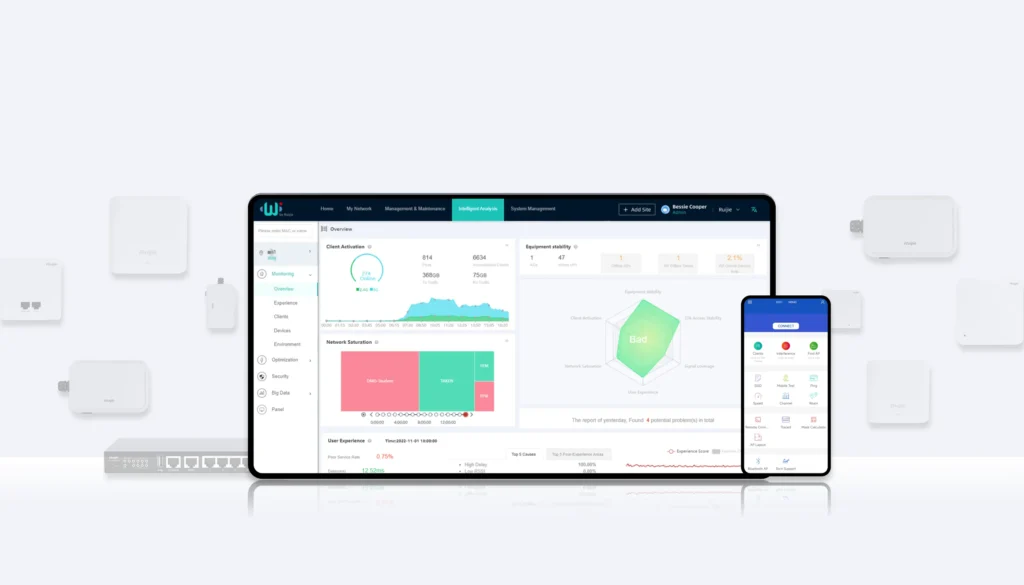 Specifications
Specifications
| Hardware Specifications | RG-AP820-AR(V3) |
| 802.11n | Six spatial streams
???Radio 1??C?2.4 GHz: 2×2 MIMO,?two spatial streams ???Radio 2??C?5 GHz:?2×2?MIMO, two spatial streams ???Radio 3 ?C2.4 GH/5 GHz: 2×2 MIMO, two spatial streams Channels: ???Radio 1??C 2.4 GHz: 20 MHz?and?40 MHz ???Radio 2 ?C 5 GHz: 20 MHz?and?40 MHz ???Radio 3 ?C2.4 GH/5 GHz:?20 MHz?and?40 MHz Combined peak data rate: 0.9 Gbps ???Radio 1??C 2.4 GHz:?6.5 Mbps to?300 Mbps (MCS0 to MCS15 ) ???Radio 2 ?C 5 GHz:?6.5 Mbps?to?300 Mbps (MCS0?to?MCS15) ???Radio 3 ?C 2.4 GHz/5 GHz: 6.5 Mbps~ 300 Mbps (MCS0 ~ MCS15) Radio technologies: Orthogonal Frequency-Division Multiplexing (OFDM) Modulation types: BPSK, QPSK, 16-QAM, 64-QAM Packet aggregation: ???Aggregate MAC Protocol Data Unit (A-MPDU) ???Aggregate MAC Service Data Unit (A-MSDU) Dynamic Frequency Selection (DFS) Cyclic Delay/Shift Diversity (CDD/CSD) Maximum Ratio Combining (MRC) Space-Time Block Coding (STBC) Low-Density Parity Check (LDPC) Transmit beam-forming (TxBF) |
| 802.11ac | Four spatial streams
???Radio 2??C?5 GHz:?2×2 MIMO, two?spatial streams ???Radio 3 ?C 5 GHz: 2×2 MIMO, two spatial streams Channels: ???Radio 2??C?5 GHz: 20 MHz, 40 MHz, 80 MHz, and 160 MHz ???Radio 3 ?C 5 GHz:?20 MHz, 40 MHz, and 80 MHz Combined peak data rate: 2.6?Gbps ???Radio 2??C?5 GHz: 6.5 Mbps to?1.733?Gbps (MCS0 to?MCS9) ???Radio 3 ?C?5 GHz:?6.5 Mbps to 0.867 Gbps (MCS0 ~ MCS9) Radio technologies: Orthogonal Frequency-Division Multiplexing (OFDM) Modulation types: BPSK, QPSK, 16-QAM, 64-QAM, 256-QAM Packet aggregation: ???Aggregate MAC Protocol Data Unit (A-MPDU) ???Aggregate MAC Service Data Unit (A-MSDU) Dynamic Frequency Selection (DFS) Cyclic Delay/Shift Diversity (CDD/CSD) Maximum Ratio Combining (MRC) Space-Time Block Coding (STBC) Low-Density Parity Check (LDPC) Transmit beam-forming (TxBF) |
| 802.11ax | Four?spatial streams
???Radio 1??C?2.4 GHz:?2×2 uplink/downlink MU-MIMO,?two spatial streams ???Radio 2??C?5 GHz:?2×2?uplink/downlink MU-MIMO, two spatial streams Channels: ???Radio 1??C?2.4 GHz: 20 MHz?and?40 MHz ???Radio 2??C?5 GHz: 20 MHz, 40 MHz, 80 MHz, and 160 MHz Combined peak data rate: 2.976?Gbps: ???Radio 1??C?2.4 GHz: 8.6 Mbps to?0.574 Gbps (MCS0 to?MCS11) ???Radio 2??C?5 GHz: 8.6 Mbps to?2.402?Gbps (MCS0 to?MCS11) Radio technologies:?uplink/downlink Orthogonal Frequency-Division Multiple Access (OFDMA) Modulation types: BPSK, QPSK, 16-QAM, 64-QAM, 256-QAM, 1024-QAM Packet aggregation: ???Aggregate MAC Protocol Data Unit (A-MPDU) ???Aggregate MAC Service Data Unit (A-MSDU) Dynamic Frequency Selection (DFS) Cyclic Delay/Shift Diversity (CDD/CSD) Maximum Ratio Combining (MRC) Space-Time Block Coding (STBC) Low-Density Parity Check (LDPC) Transmit beam-forming (TxBF) WPA3 |
| Antenna | Wi-Fi
???2.4 GHz: two?built-in omnidirectional antennas, with peak antenna gain of?5.4 dBi. ???5 GHz: two built-in omnidirectional antennas, with peak antenna gain of 5.2 dBi. Bluetooth ???One integrated vertically polarized omnidirectional antenna, with peak antenna gain of 4.6 dBi. |
| Port | 1 x 100/1000/2.5G/5GBase-T port, compliant with IEEE 802.3af/at/bt standard (PoE/PoE+/PoE++)
1 x 5GE SFP/RJ45 combo port, compatibility with 1GE and 2.5GE modules, shared with one 100/1000/2.5G/5GBASE-T port 1 x 10/100/1000Base-T port 1 x RJ45 console port (serial console port) 1?x USB 3.0 (Type-A connector) 1?x Bluetooth 5.1 |
| Status LED | 1 x multi-color system status LED
???AP power-on status ???Software initialization status and upgrade status ???Uplink service interface status ???Wireless user online status ???CAPWAP tunnel?timeout ???Specific AP?locating |
| Button | 1 x Reset button
???Press the button for shorter than 2 seconds. Then the device restarts. ???Press the button for longer than 5 seconds. Then the device restores to factory settings. |
| Dimensions (W x D x H) | Main unit:?230 mm x 230 mm x 51 mm (9.06 in. x 9.06 in. x 2.01 in.)
Shipping:?284 mm x 262 mm x 124 mm (11.18 in. x 10.31 in. x 4.88 in.) |
| Weight | Main unit: 1.0 kg (2.2 lbs)
Mounting bracket: 0.1 kg (0.22 lbs) Shipping: 1.25 kg (2.76 lbs) |
| Mounting | Wall/Ceiling-mount (a mounting bracket is delivered with the main unit) |
| Lock option | Kensington lock and securing latch |
| Input power supply | The AP supports the following two power supply modes:
???54 V DC/1.1 A power input over DC connector: The DC connector accepts the center-positive circular plug with the inner diameter of 2.1 mm (0.08 in.) or outer diameter of 5.5 mm (0.22 in.) and the length of 9.5 mm (0.37 in.). A DC power supply needs to be purchased independently. ???PoE input over LAN 1: The power source equipment (PSE) complies with IEEE 802.3af/at/bt standard (PoE/PoE+/PoE++). Note: If both DC power and PoE are available, DC power is preferred. |
| Maximum power consumption | Maximum power consumption: 40 W
???DC?power:?40 W, 2.4 GHz radio 2×2,?5 GHz radio 2×2, LAN 2 for PoE supply, and USB port enabled ???802.3bt (PoE++): 40 W, 2.4 GHz radio 2×2,?5 GHz radio 2×2, LAN 2 for PoE supply, and USB port enabled ???802.3at (PoE+): 23?W, 2.4 GHz radio 2×2,?5 GHz radio 2×2, LAN 2 and USB port that fail to provide power for external devices (PoE out disabled of LAN 2 and USB port disabled) ???802.3af (PoE): 12.95 W, 2.4 GHz radio 1×1,?5 GHz radio 1×1, AI Radio is disabled, LAN 2 and USB port that fail to provide power for external devices (PoE out disabled of LAN 2 and USB port disabled) ???Idle mode: 10.3 W |
| External power
supply |
When powered by 802.3bt (PoE++), the AP can supply power to an external device.
???The USB port can source 1 A/5 W power to an attached device. ???The LAN 2 port can source 48 V/12.95 W power to an IoT unit. |
| Environment | Storage temperature: ?C40??C to +70??C (?C40??F to +158??F)
Storage humidity: 5% RH to 95% RH (non-condensing) Storage altitude: ?C500 m to +5,000 m (?C1640.42 ft. to +16,404.20 ft.) Operating temperature: ?C10??C to +50??C (14??F to 122??F) Operating humidity: 5% RH to 95% RH (non-condensing) Operating altitude: ?C500 m to +5,000 m (?C1640.42 ft. to +16,404.20 ft.) Note: At an altitude in the range of 2,000?C5,000 m (6,561.68?C16,404.20 ft.), every time the altitude increases by 166 m (544.62 ft.), the maximum temperature decreases by 1??C (1.8??F). |
| Mean Time Between Failure (MTBF) | 200,000 hours (22 years) at the operating temperature of 25??C (77??F) |
| System memory | 1 GB DRAM,?256 MB flash |
| Transmit power | 2.4 GHz
???Maximum?transmit power: 27 dBm (501.19 mW) ???Minimum?transmit power:?19?dBm (79.43 mW) 5 GHz ???Maximum?transmit power: 26?dBm (398.11 mW) ???Minimum?transmit power:?21?dBm (125.89 mW) Note: The transmit power adjusted in percentage. The transmit power is limited by local regulatory requirements.?For details, see?WLAN Country or Region Codes and Channel Compliance. |

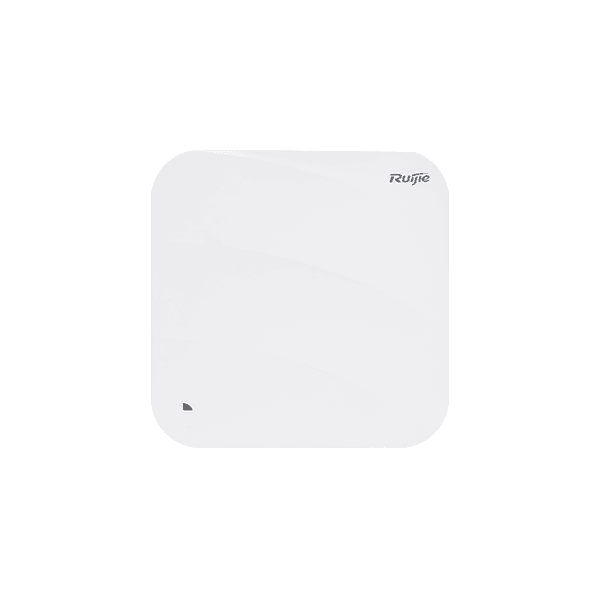
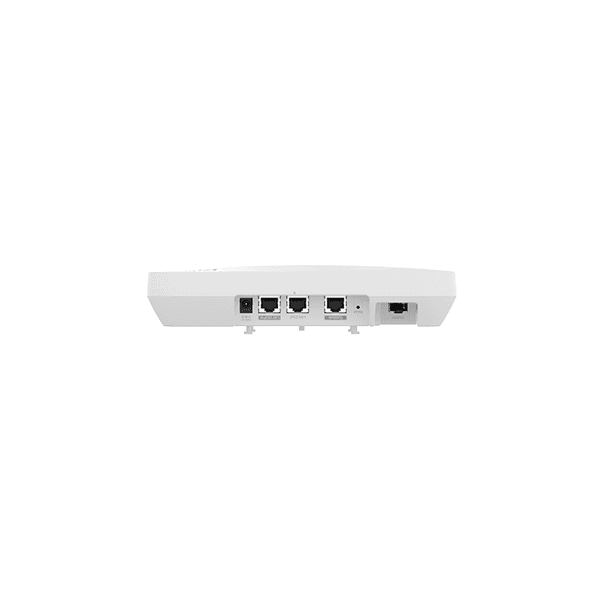

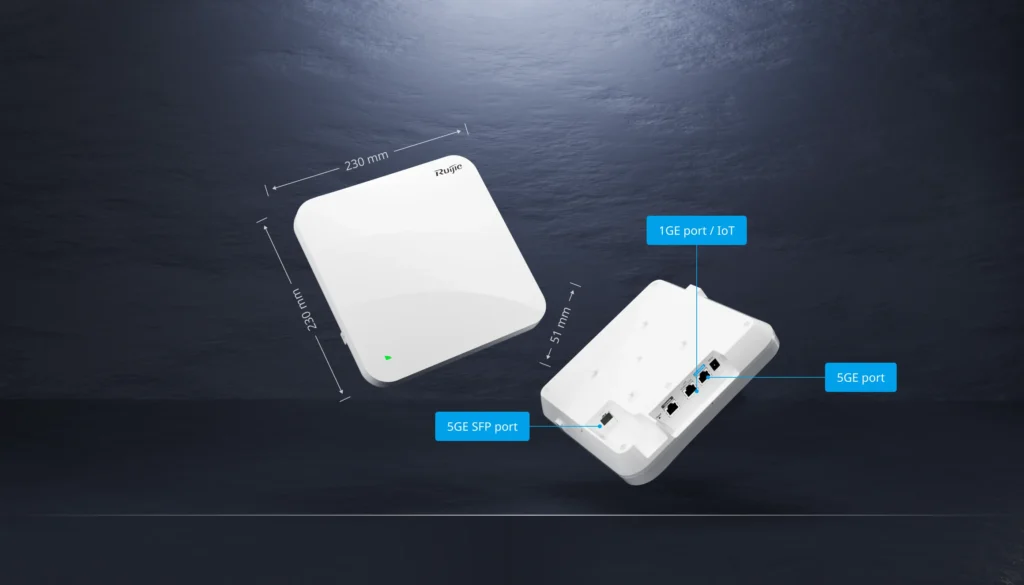
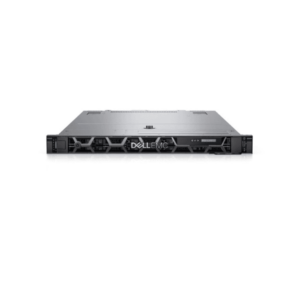
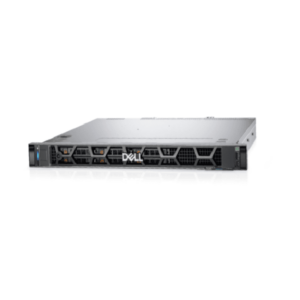
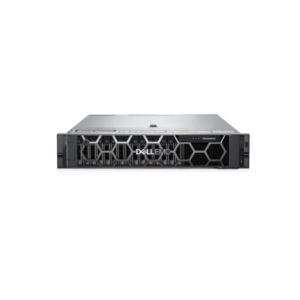
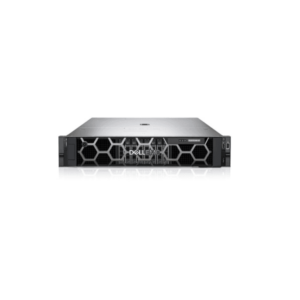

Reviews
There are no reviews yet.